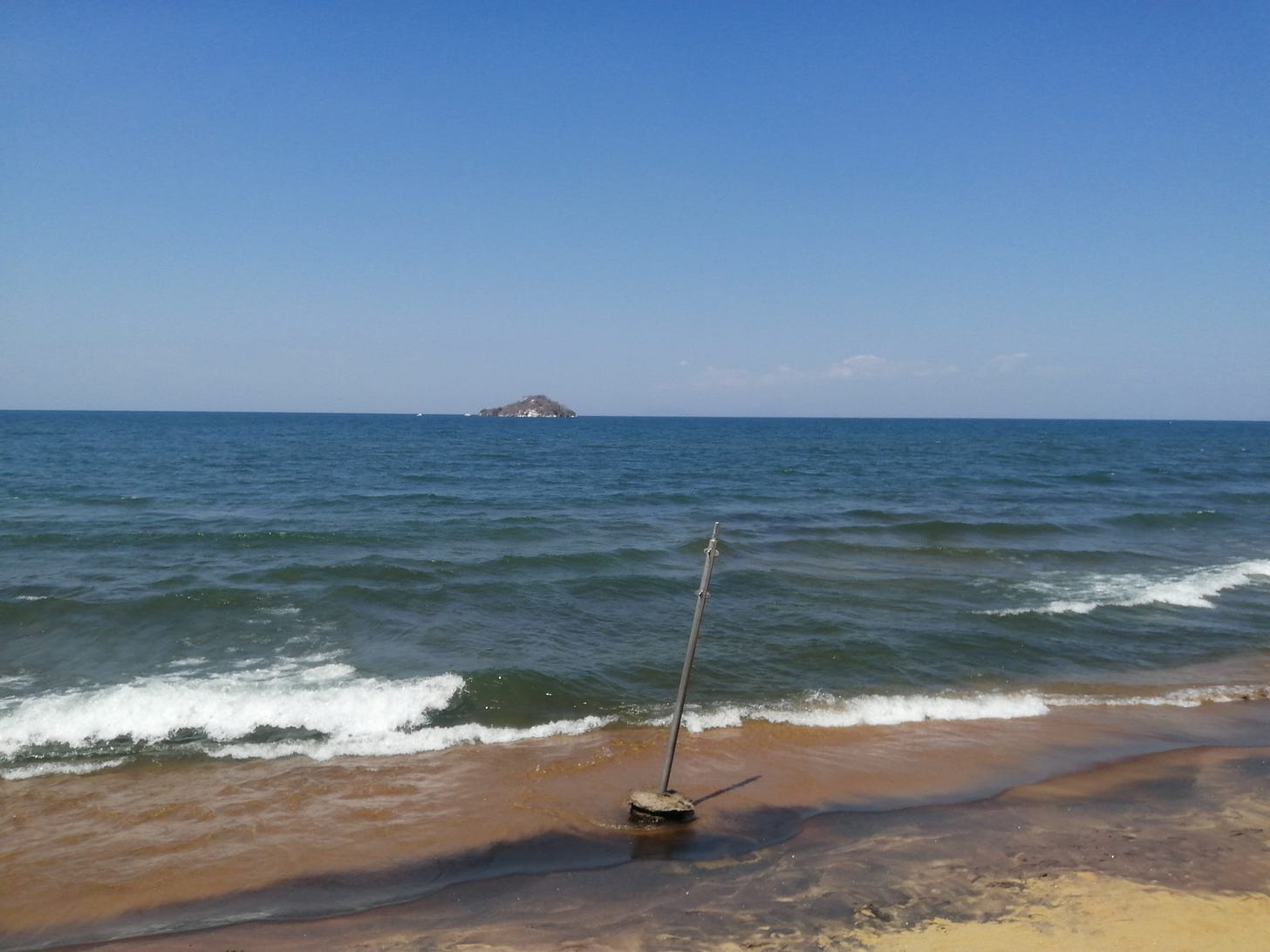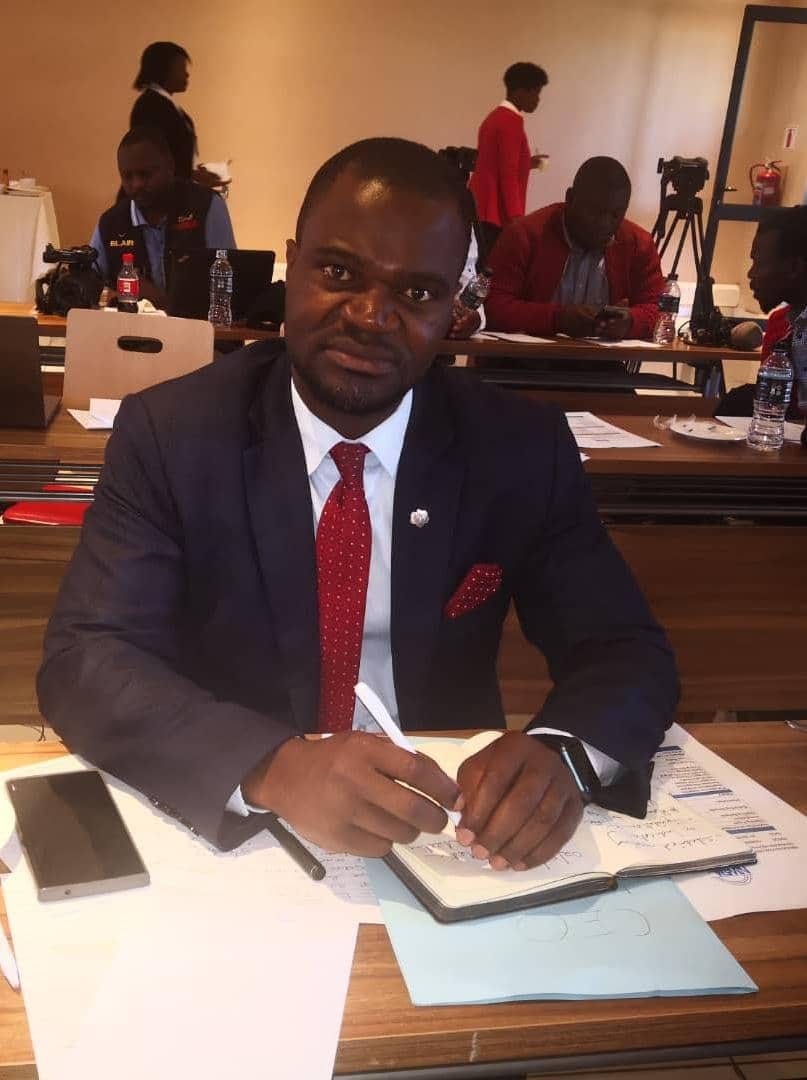LAKE MALAWI - Catchment degradation threaten water resources, warns NWRA
Experts have forecasted that the season will be characterized by normal to above-normal rainfall patterns due to La Niña, which could result in widespread and significant weather impacts

DOWA, Malawi (Planet Defence) – The National Water Resources Authority (NWRA) has raised concerns that encroachment and other human activities are severely undermining efforts to sustainably manage the country's water resources, potentially worsening the impacts of climate change, particularly during flood episodes writes Sarah Saulosi.
Dr. Dwight Kambuku, Chief Executive Officer of the NWRA, made these remarks on the sidelines of a 2024/25 rainy season prediction. Experts have forecasted that the season will be characterized by normal to above-normal rainfall patterns due to La Niña, which could result in widespread and significant weather impacts across the country.
Kambuku highlighted that encroachment on water catchment areas and riverbanks, illegal settlements, unsustainable agricultural practices, and illegal sand mining not only jeopardize water quality and availability but also exacerbate communities' vulnerability to climate-induced disasters like floods.
"The laws are clear: no agricultural or infrastructure activities are supposed to be developed below 477 meters above sea level. However, we are witnessing an influx of people building tourism facilities along Lake Malawi," Kambuku noted. "When heavy rains come, these infrastructures are submerged, and later, people blame us for not doing our part—yet this is entirely avoidable."
Kambuku warned that if left unchecked, such activities could compromise the integrity of the country's water resources and undermine efforts to manage them sustainably. He emphasized that anyone seeking to build along lake and river banks should obtain approval from the Authority before starting any projects to avert water-related catastrophes.
The NWRA, whose mandate includes managing, conserving, and controlling the use of water resources, has called for collaborative efforts among stakeholders to educate the public about the impacts of these activities on sustainable water management. Kambuku stressed that protecting water resources is crucial for Malawi's socio-economic development and the successful realization of the Malawi 2063 agenda.
"No individual can drive the country's socio-economic development without sustainable water resources. We need a collective effort from all stakeholders to ensure that our water resources are managed sustainably," Kambuku emphasized.

With reports indicating that water levels on Lake Malawi could rise higher than they have in the current hydrological year, Kambuku's comments serve as a critical reminder of the finite and vulnerable nature of the country's water resources.


